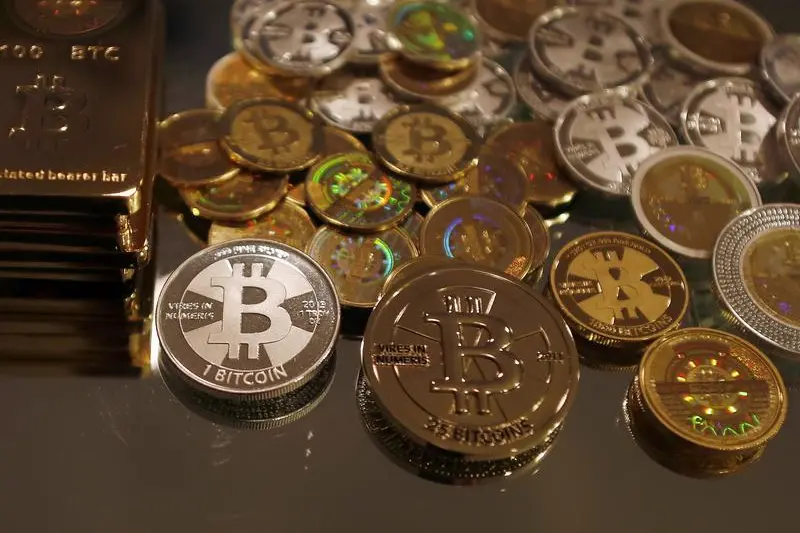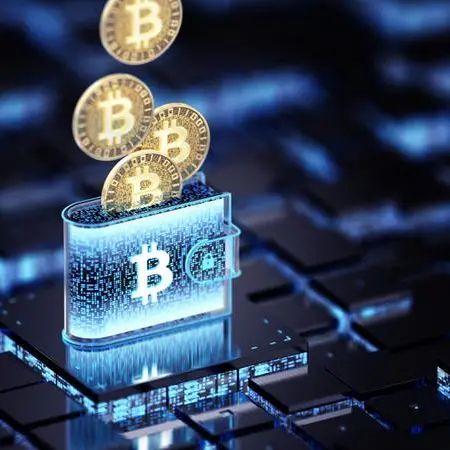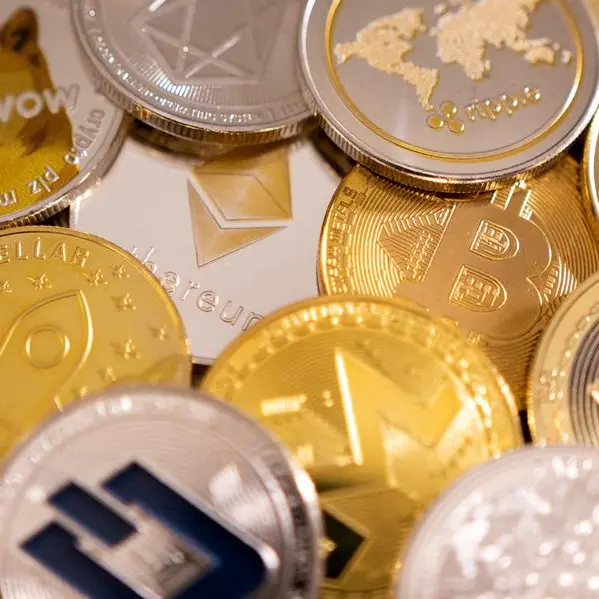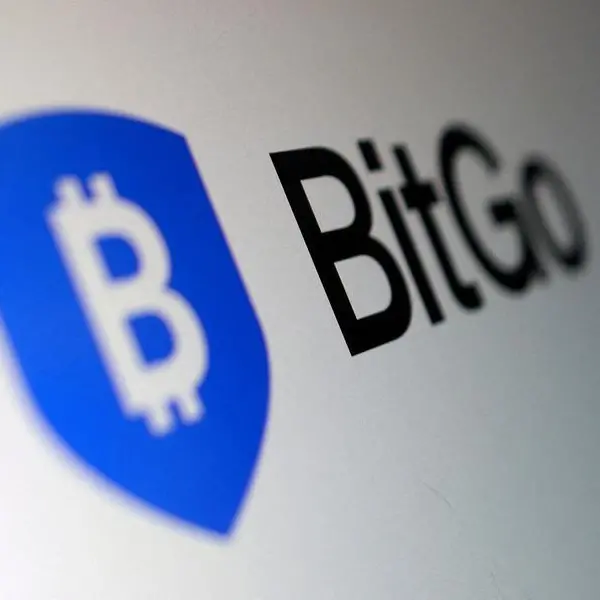PHOTO
Bitcoin’s around $30,000 and ether hit $2,000 for the first time since May 2022. Meanwhile, the crypto world is focused on the SEC, which defended its rulemaking and enforcement in a House Financial Services Committee hearing. Here’s what you need to know:
1. Ethereum’s first major upgrade since Merge is complete – Binance
2. Bankrupt crypto exchange FTX has recovered $7.3 bln in assets
3. Ether jumps to 11-month high in wake of software upgrade
On Monday, the U.S. Securities and Exchange Commission charged a crypto exchange called Bittrex, and its former CEO, with operating an unregistered securities exchange, broker and clearing agency. It earned at least $1.3 billion between 2017 and 2022, the SEC said. Bittrex said it has no U.S. customers and plans to “vigorously defend” the SEC’s allegations in court.
The Bittrex charges are just one in a series of crackdowns by the SEC, which has stepped up its action against the crypto industry after investors lost billions in last year’s blowups (see: Terra and Luna, Three Arrows Capital, Voyager, Celsius, FTX, BlockFi). While the crypto industry and some lawmakers have criticized the SEC’s moves, other lawmakers and investor advocates have welcomed them.
Speaking at a conference in London, the CEO of Coinbase (which the SEC threatened to sue in March) said that clarity about regulation was needed in the U.S. and UK, otherwise crypto firms would be built in “offshore havens”.
But Gary Gensler, the SEC chair, said that the action against Bittrex is an example of how “crypto markets suffer from a lack of regulatory compliance, not a lack of regulatory clarity.”
On Tuesday, Gensler testified in front of Republican lawmakers. The lawmakers said the SEC’s action in areas including crypto was stifling financial innovation. Gensler maintained that most cryptocurrencies are securities and that crypto firms must comply with securities laws. “I've never seen a field that's so non-complying with laws written by Congress and affirmed over and over by the courts," he said.
The SEC also voted last week to take additional comments from the public about its proposal to expand the definition of a crypto “exchange”, after crypto firms criticized the plan as vague. At the heart of the issue is the extent to which so-called “decentralized finance” platforms come under the definition of an exchange.
Meanwhile in markets, ether hit its highest in 11 months after its latest software upgrade, known as Shapella, was completed. The move meant investors could access approximately $30 billion worth of tokens which had been deposited on the blockchain (aka the tokens they had “staked”), although there are some limits on how much ether users can redeem straightaway.
* Hong Kong: After years of bankers quitting Hong Kong, the city is trying to bolster its status as a financial hub by rolling out the red carpet to crypto companies. The city is scheduled to hold 100 crypto-related conferences and parties in April.
* G20 Talk: India’s finance minister said that crypto assets not backed by central banks can cause macroeconomic instability. Group of 20 member countries agree that crypto asset rules need to be globally coordinated, she said.
* UK stablecoins payments: There may need to be limits on the use of major stablecoins for payments, and they need to be backed by high-quality liquid assets, the Bank of England’s deputy governor said. Britain is due to adopt rules for regulating stablecoins.
* Future of FTX: FTX’s attorney said the exchange has recovered more than $7.3 billion in cash and liquid crypto assets, having benefited from recent rises in crypto prices. The attorney said the exchange is starting to think about its future, after months of figuring out what went wrong.
* FTX promoters: Celebrities who promoted FTX said in court filings that an investor lawsuit seeking damages should be dismissed. The celebrities (a group which includes NFL quarterback Tom Brady and comedian Larry David) said they did not cause the investors’ losses.
* Computer chips: Chipmaker Intel has discontinued production of a series of chips used for bitcoin mining. Intel said it will continue to “monitor market opportunities” in crypto.
* Digital yen? Japan’s ministry of finance plans to convene a panel to discuss the way forward, following the Bank of Japan’s launch of a digital yen pilot programme. Japan hasn’t decided whether to issue a central bank digital currency and the Bank of Japan has said the trial may last for several years.
The revenue of crypto mining companies has been helped by bitcoin’s recovery to $30,000 this year and falling electricity prices. Investors have returned to publicly traded crypto mining companies. But although balance sheets have improved, many bitcoin miners have plenty of debt to pay down and are still struggling, an analyst at bitcoin mining services company Luxor said.
What I’m reading
* Reuters opinion columnist Anita Ramaswamy says the market for non-fungible tokens (NFTs) is recovering. An NFT conference in New York earlier this month felt “pretty exuberant”, she says.
* As the number of wealthy people rises, so does the market for classic cars. Prices have risen 185% in the last decade – that’s more than wine, watches and art. Here’s how the market has changed, and why.
* One to watch: Are we in a new financial crisis? In a Reuters Editors Briefing at 1500 BST today, a panel of top Reuters editors will discuss the latest developments in the banking sector and global economy, and debate what comes next. It’s free and there will be an opportunity to ask questions at the end. Click here to sign up. If you can’t attend, you can still register to receive the recording.
Jargon
“Decentralized Finance”
Decentralized finance, often shortened to “DeFi”, was in the news as the SEC said some DeFi platforms may already come under the definition of exchanges. But what is DeFi?
DeFi platforms provide online financial services (such as lending, borrowing and saving) for crypto assets peer-to-peer, without using the traditional gatekeepers of finance such as banks and exchanges.
Backers of DeFi say it removes barriers to financial services. But officials have warned that criminals are using DeFi to transfer and launder their illicit proceeds. The Federal Reserve Chair Jerome Powell said there are “very significant" structural issues around DeFi. Want to learn more? Click here for a Reuters explainer on crypto lending platforms.
(Reporting by Elizabeth Howcroft; Editing by Louise Heavens)




















